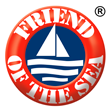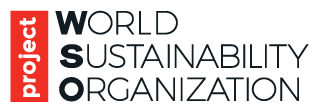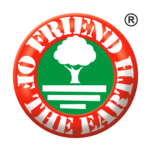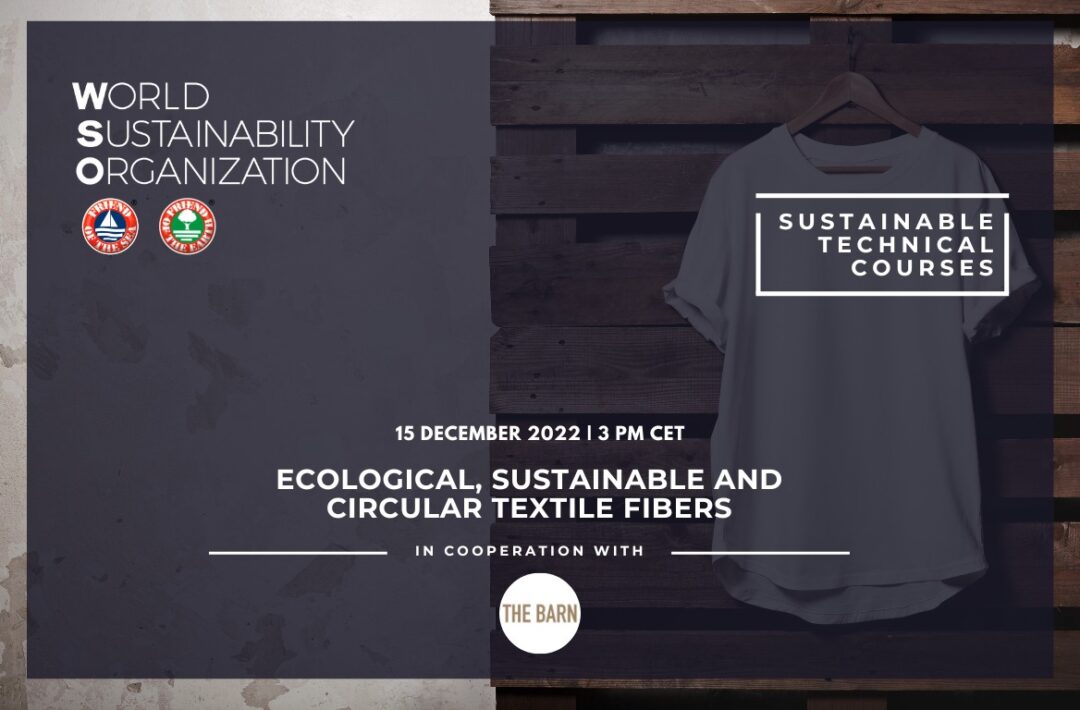As of November, WSO offers Friend of the Sea® and Friend of the Earth® certified technical courses to provide in depth updates on sustainability issues in the food and non-food sectors.
The second World Sustainability Organization’s online training course is dedicated to the textile industry, and it will take place on Thursday, December 15, from 3 p.m.
“Ecological, Sustainable and Circular Textile Fibers” is the course title, and those willing to join the live session can already book their seats by logging on to https://courses.wsogroup.org/shifting-to-sustainable-circular-textile-production/.
The courses provide participants with official Friend of the Sea® and Friend of the Earth® attendance certificates.
The online courses are free for all Friend of the Sea® and Friend of the Earth® certified companies. Write to media@friendofthesea.org to receive the participation link.
This live session is designed for those who want to familiarize themselves with sustainability and textile fibers, but also those who work in the fashion industry.
The course consists of a first part dedicated to the general aspects of circularity applied to the textile sector and a second part on the urgency of transforming the fashion sector from a linear economy to a regenerative type system.
Dr. Ana Silva Tavares, a graduate of Chemical Engineering at the University of Porto, Prtogallo, and a researcher in materials at the University of Leibniz, Germany, will host the course. Tavares led the sustainability department at Tintex Textiles for five years and is currently the coordinator of the Strategic Agenda for Sustainable, Organic, and Circular Economy at Steve, the technology center for the textile and apparel industries in Portugal.
Dr. Tavares will guide participants through a cognitive journey of sustainability criteria applicable to textile fibers, fiber selection methodology, and a transparent communication strategy on the fashion industry and circularity.
Participants will also see how Small and Medium Enterprises that apply a circular model to textile production can reduce costs related to virgin raw materials, energy and water consumption, and dependence on trading partners and suppliers from other countries.
CASE STUDY: THE BARN The case study for the day will be designer Fiorenza Luciani’s company, The Barn. The Barn’s garments are made from organic and natural materials, undyed or naturally dyed, consciously produced with low impact for the Planet. The Barn features a unisex sportswear collection made from raw organic cotton and a formal wear collection inspired by the tennis world of the 1960s, made from natural nettle fibers. “A men’s and women’s collection with a single purpose: to dress better without undressing our planet,” said designer Florenza Luciani.
You can find more information about the course at https://courses.wsogroup.org/shifting-to-sustainable-circular-textile-production/ .




